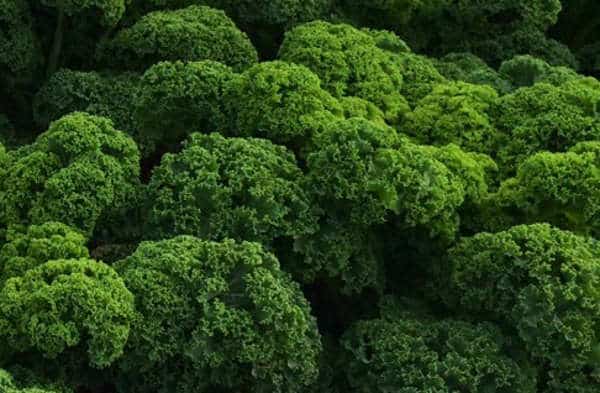In 2017 I interviewed about 800 to 1,200 people about agriculture, agronomy, science and food.
Looking back at the responses, to probably more than 3,000 questions, one comment stands above the rest.
It came from Kevin Folta, professor and chair of the University of Florida horticultural sciences department and a well-known science communicator. Folta frequently talks about genetically modified foods and other tools of modern agriculture.
During our interview, I asked what he’s learned from hundreds of speeches and hundreds of hours spent on social media, talking to the public about GM technology and pesticides.
“It only took me 12 years, of really working hard to share science and give people facts, to realize that it wasn’t working,” he said. “I was able to preach to the choir. That worked great. The choir was happy … but I wasn’t reaching the people who were just concerned. The people in the middle who didn’t know, one way or the other.”
Folta’s comment is relevant because the ag industry, for decades, has been trying to convince the public that technologies like GM crops and growth promotants for cattle are safe. The evidence clearly shows they are safe, but talking about the science has done little to change public perceptions. Fifty percent of consumers still think GM foods pose a health risk, based on public opinion research.
Folta’s comment reinforced what I’ve heard from other plant scientists and advocates of modern agriculture. Emphasizing “the science” to explain the safety of GM foods, pesticides or growth hormones in beef cattle is pretty much useless.
Having the science in your back pocket is necessary but it should stay there until you’ve established a relationship, emotional connection or common ground with the listener.
Folta’s comment inspired me to write a follow-up piece on why science doesn’t change minds, at least when it comes to food.
Gillian McCann, an associate professor of religious studies at Nipissing University in Ontario, provided comments for the article.
In 2017 McCann co-authored The Sacred in Exile, What it Really Means to Lose Our Religion.
In one chapter of the book, she wrote about how food has become more important than religion for part of the population.
“With the decline in religious belief throughout much of the western world … the body and food are left to carry a tremendous amount of meaning,” McCann says.
“Food is a way of creating community and boundaries and a way of saying, ‘we’re pure.’ Because you are virtuous, you can (describe) people who don’t participate in your movement as unclean.”
Rephrasing her comment, people who eat organic could be described as a group with common ethics. And the members of that group likely believe that their values are superior to people not in the group.
The religious explanation may be valid but there is another way to interpret McCann’s comment: “Food is a way of creating community and boundaries.”
In a word, it’s about “status.”
Once upon a time, food status was an expensive steak at a restaurant with white linen and where suit jackets were required. Those food choices and the stories told after the meal informed the world that you can easily afford a $200 meal and that you belong to a group that dines at two-star Michelin restaurants.
Today, that sort of food status is nearly extinct.
It’s been supplanted by a new status that’s all about organic kale salads, non-GMO breakfast cereal, $9 gluten-free bread and overpriced veggies from farmers markets.
Take one category of food status: the vegetarian. When someone becomes a vegetarian they rarely stay quiet about it.
Unfortunately, it almost always comes with a tedious, 40-minute tale about their personal transformation from an immoral meat eater to a pure and healthy vegetarian.
That journey and the yawn-inducing story that goes with it could be described as a religious experience — almost a born-again tale. But it could also be characterized as a ritual to achieve vegetarian status.
Having reached that status, the person is now part of high-minded, elitist club. The status comes from living the right way and belonging to a group that feeds their kids locally sourced pumpkin soup instead of Happy Meals.
Most humans want to belong to a group.
And most aspire to belong to an elite group.
Those basic human instincts, like belonging and the desire to move up the social ladder, are hard things to fight.
And it may explain why science doesn’t change minds when it comes to things like growth hormones and GM foods. Telling people that their status is ridiculous and based on misinformation, rarely goes over very well.
That’s because status and the feeling that comes from belonging are usually more comforting than cold facts and hard data.
Unless a new food status comes along, where people value common sense and logic, upwardly mobile consumers in wealthy countries may never accept modern agriculture and the science that comes with it.
If that’s the case, Canada’s ag community may need to acknowledge that reality.
Put more succinctly — if you can’t beat ’em, feed ’em what they want.
Source: Robert Anderson, The Western Producer













